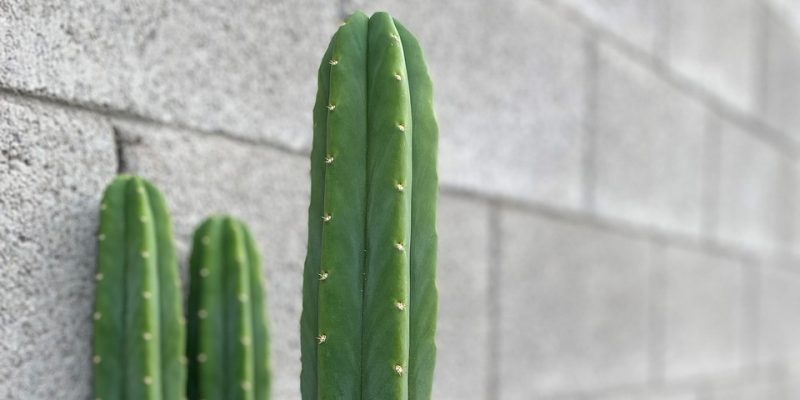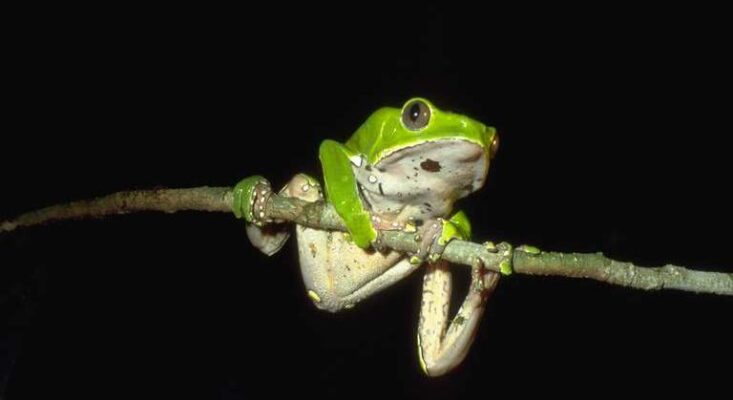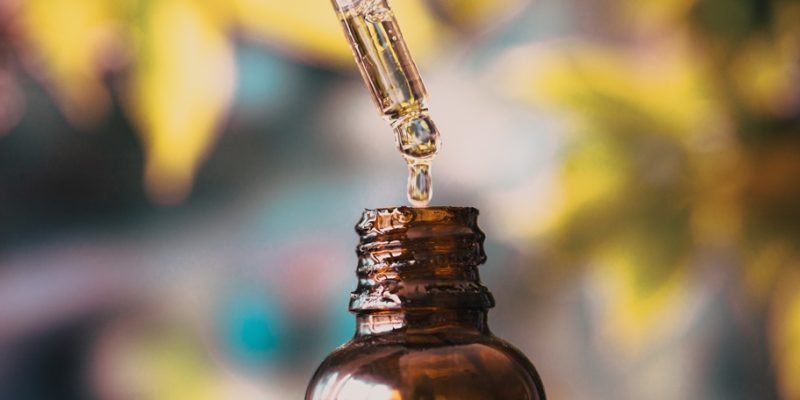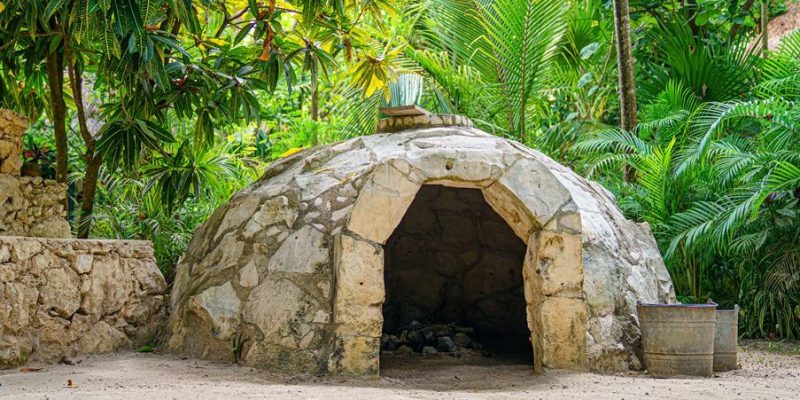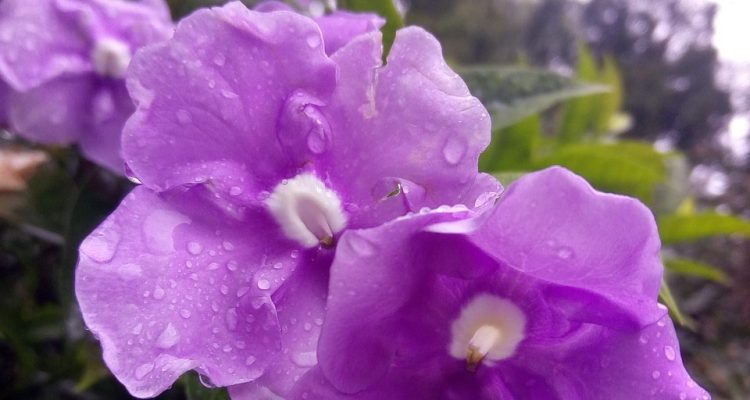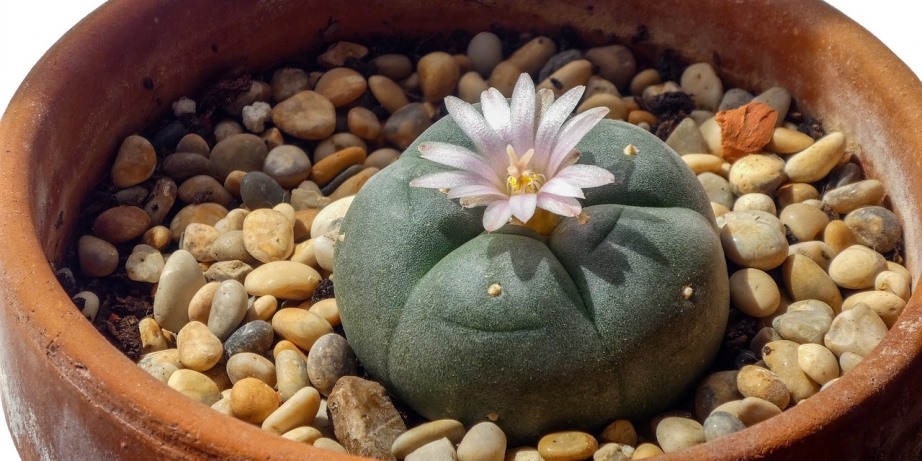
Peyote (Lophophora williamsii) is a small, spineless and particularly slow growing cactus that contains psychoactive compounds, notably Mescaline. The plant is native to Mexico and Southwestern USA.
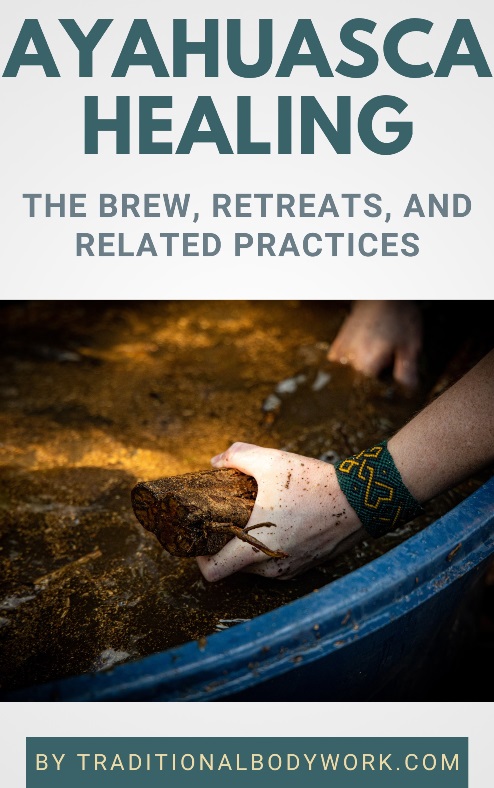
It’s known for its psychedelic properties when ingested, and is used for entheogenic and medicinal use by North American indigenous peoples. Traditionally, one eats the dried crowns of the Peyote cactus, or boils the cactus to make a brew (tea).
The effects after ingestion begin after about an hour and can last up to twelve hours, which includes extraordinary visual and auditory experiences, the appearance of joyful or fearful phenomena, time distortion, heightened senses, introspection, and spiritual or philosophical insights.
Temporary side effects include increased heart rate and blood pressure, numbness, chills, heat waves, tremors, headaches, nausea and vomiting, dizziness, drowsiness, sweating, muscle weakness, and loss of coordination.
Apart from using it for its psychoactive effects, indigenous people apply Peyote for its supposed healing properties to combat toothache, pain in childbirth, fever, breast pain, skin diseases, rheumatism, asthma, hysteria, diabetes, blindness, colds, flus, wounds, inflammations, and joint pains.









